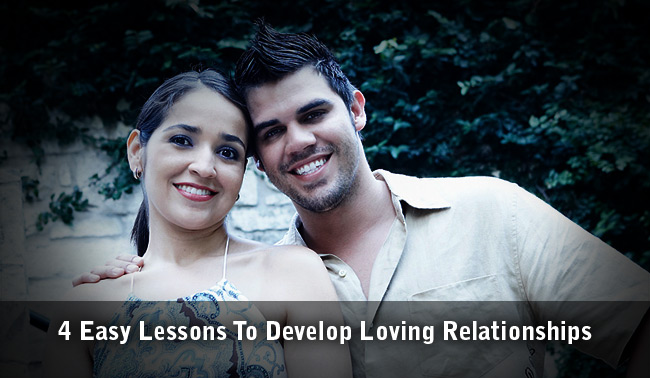Many couples focus on their relationship only when there are specific, unavoidable problems to overcome. Once the problems have been resolved they often switch their attention back to their careers, kids, or other interests.
This post contains Amazon affiliate links, meaning I may earn a small commission if you purchase through my links, at no extra cost to you. Note: We aim to provide accurate product links, but some may occasionally expire or become unavailable. If this happens, please search directly on Amazon for the product or a suitable alternative.
However, romantic relationships require ongoing attention and commitment for love to flourish. As long as the health of a romantic relationship remains important to you, it is going to require your attention and effort.
It’s also important to recognize that there are ups and downs in every relationship. You won’t always be on the same page. Sometimes one partner may be struggling with an issue that stresses them, such as the death of a close family member.
Other events, like job loss or severe health problems, can affect both partners and make it difficult to relate to each other.
You might have different ideas of managing finances or raising children. Different people cope with stress differently, and misunderstanding can rapidly turn to frustration and anger.
Let’s look at some very important tips that will help in the development of loving relationships…
—
1. Create a safe environment where you can trust and share openly without being afraid.
Don’t interrupt, even if you need to put your hand over your mouth to stop yourself. Learn to fight fairly. No name calling. Don’t make threats.
Apologize when you know you should. If you’re too angry to really listen, stop! Go into another room, take space for yourself, breathe and “calm down.”
Remember: your partner is not the enemy.
2. Separate the facts from the feelings.
What beliefs and feelings get triggered in you during conflicts? Ask yourself: Is there something from my past that is influencing how I’m seeing the situation now?
The critical question you want to ask: Is this about him or her, or is it really about me? What’s the real truth?
Once you’re able to differentiate facts from feelings, you’ll see your partner more clearly and be able to resolve conflicts from clarity.
Paying attention to what you are experiencing internally is very important, and there is one thing equally as important you should begin to cultivate…
3. Connect with the different parts of yourself.
Each of us is not a solo instrument. We’re more like a choir or an orchestra with several voices. What is your mind saying?
What is your heart saying? What is your body saying? What is your ‘gut’ saying? For example: My mind is saying ‘definitely leave her,’ but my heart says ‘I really love her.’
Let these different voices or parts of you co-exist and speak to one another. In this way, you will find an answer that comes from your whole self.
4. Develop and cultivate compassion.
Practice observing yourself and your partner without judging. Part of you might judge, but you don’t have to identify with it. Judging closes a door.
The opposite of judging is compassion. When you are compassionate, you are open, connected, and more available to dialoging respectfully with your partner.
As you increasingly learn to see your partner compassionately, you will have more power to choose your response rather than just reacting.









